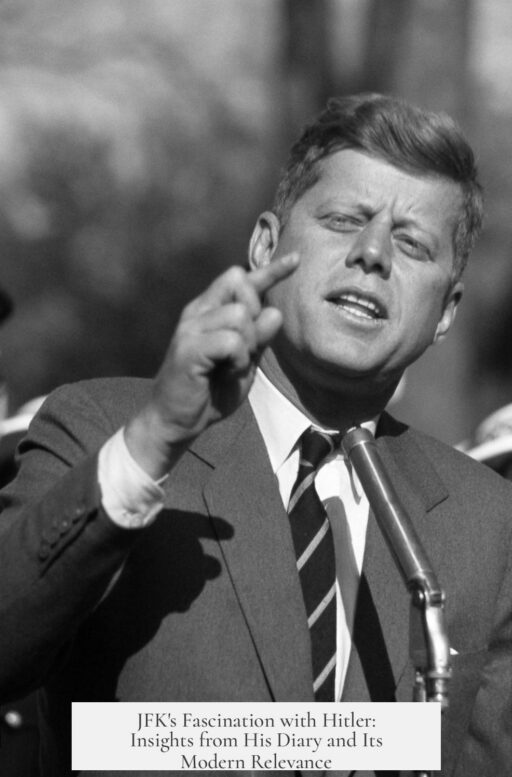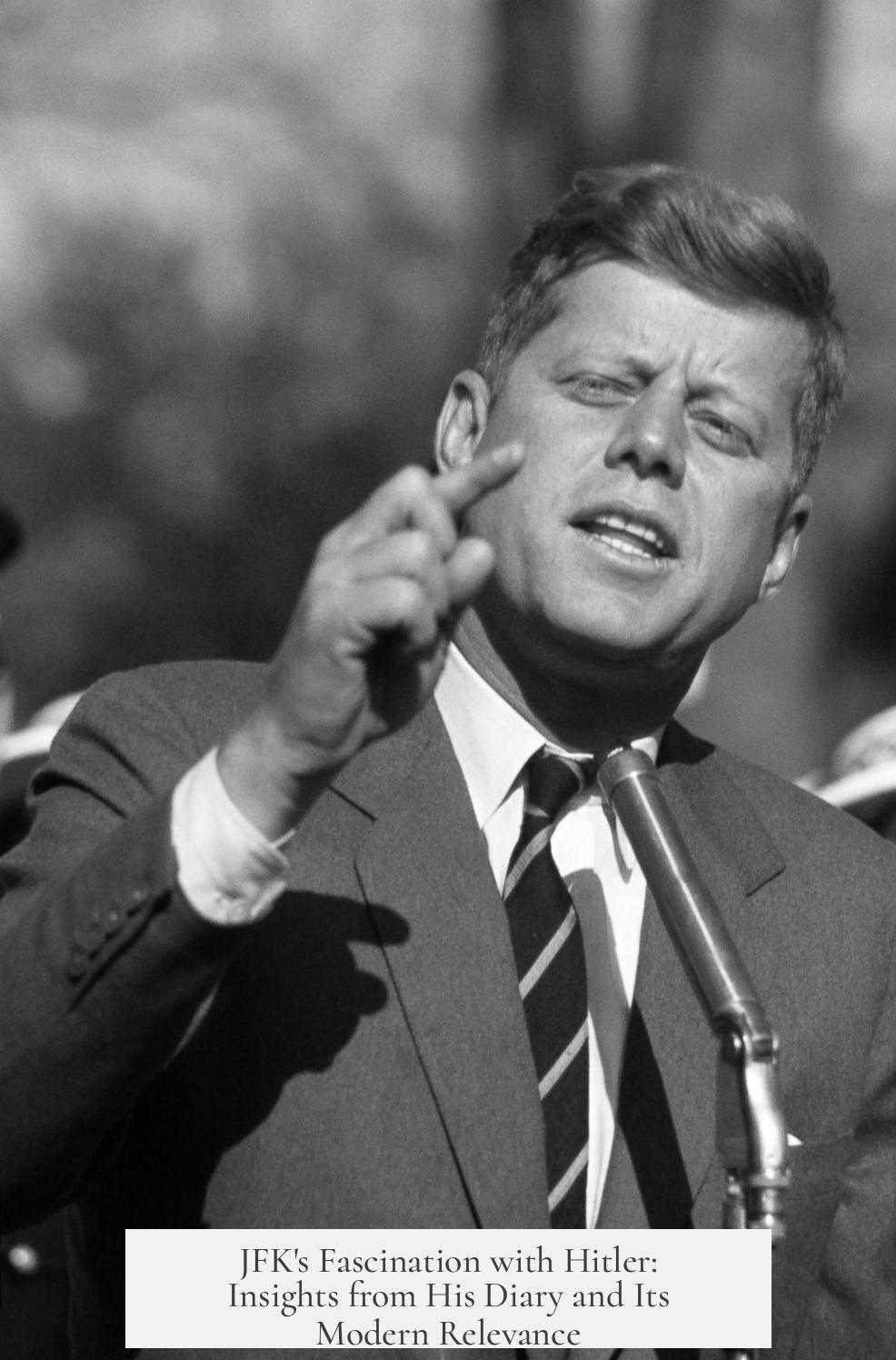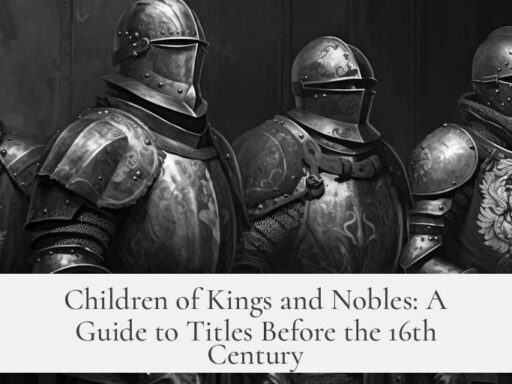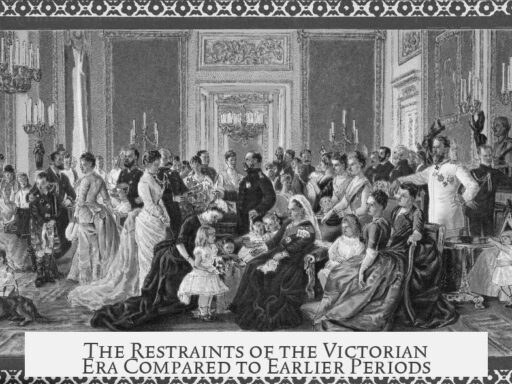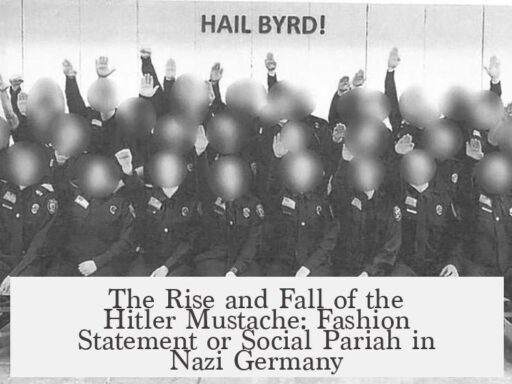JFK’s “fascination” with Hitler, as noted in his diary, refers to the complex and disturbing historical curiosity he held about Hitler as a powerful yet dangerous figure. This fascination did not imply admiration or sympathy but acknowledged Hitler’s impact as a significant, infamous leader whose influence endures in history. JFK described Hitler as “the stuff of legends,” recognizing the lasting and controversial legacy he left behind. This comment shows JFK’s awareness of Hitler’s profound effect on world history, especially considering that people continue analyzing him decades after his death.
JFK’s interest in Hitler aligned with a scholar’s approach: understanding a key figure responsible for widespread suffering and war. His fascination stemmed from a recognition of Hitler’s role in the rise of Nazism and totalitarianism, rather than any ideological support. Evidence from JFK’s writings reinforces this. For example, his college thesis focused on the dangers of the appeasement policy toward Nazi Germany. He warned European leaders to take the Nazi threat seriously and reject any policies that might enable Hitler’s ambitions.
Overall, JFK’s documented views position him as a critic of Nazism who was deeply concerned about the political and military dangers Hitler posed. The term “fascination” reflects an intellectual engagement with a historical enigma rather than endorsement.
- JFK saw Hitler as a historically significant yet dangerous figure.
- His fascination was analytical, not supportive.
- He opposed appeasement and warned against underestimating Nazi Germany.
- Hitler’s legacy remains a subject of global debate and study, validating JFK’s “legend” remark.
What Did JFK Mean by His “Fascination” with Hitler, as Written in His Diary?
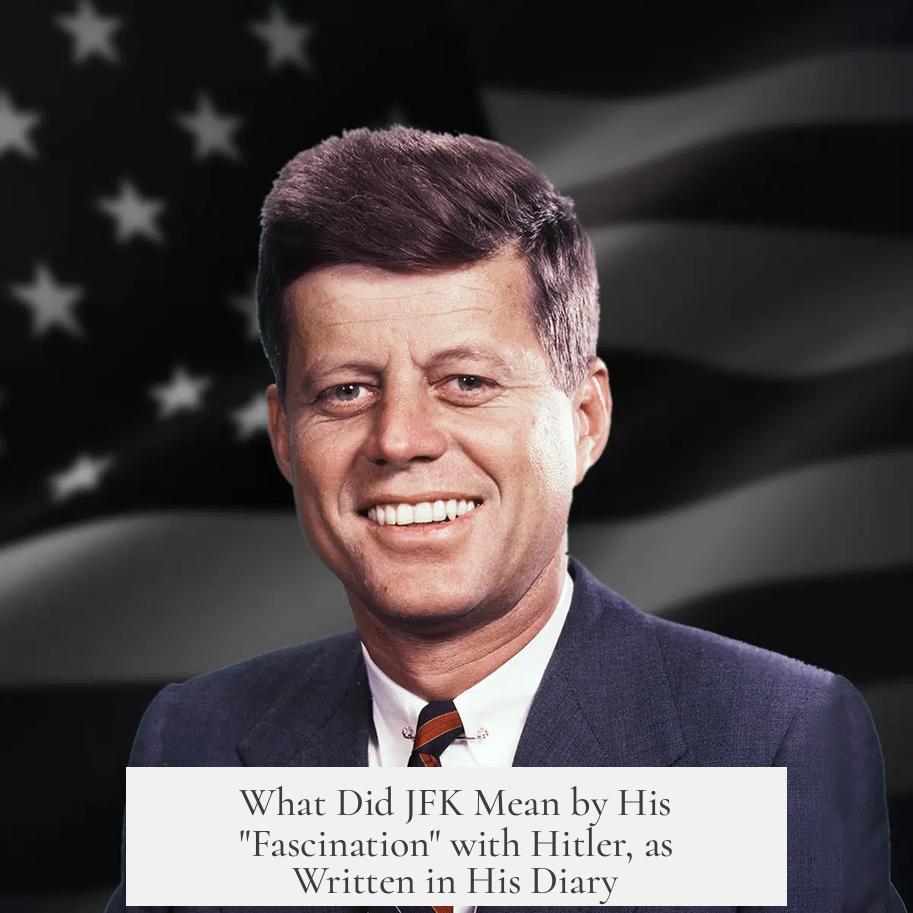
President John F. Kennedy’s “fascination” with Adolf Hitler, mentioned in his diary, is less about admiration and more about recognition of Hitler’s dark, powerful role in history. JFK saw Hitler as a significant figure but never a role model or ally. This subtle yet powerful distinction often gets lost in casual readings.
So, what does this fascination really mean? It’s simple yet complex. JFK—like many people today—couldn’t ignore Hitler because he personified an era of extreme consequences. The fascination is about understanding, not endorsing. It’s about confronting a legendary figure who shaped history in the worst possible way.
Seeing Hitler as a “Legend”
JFK’s diary describes Hitler as “the stuff of legends.” That’s a bold phrase, but it’s not empty praise. It reflects how Hitler’s actions became deeply embedded in world history. People still analyze Hitler’s tactics, psychology, and propaganda decades after his death.
Think about this: Seventy-five years later, Hitler remains a subject in books, films, and debates. That alone shows how remarkable—and chilling—his impact was. JFK, a well-read student and future president, recognized this ongoing influence. His “fascination” acknowledges Hitler’s place as a historical figure no one can ignore.
Understanding JFK’s Actual Views on Nazism
Here’s where many misunderstand JFK’s stance. He was not a sympathizer. Historical evidence firmly suggests he opposed Nazism. If JFK admired Hitler in any way, it was as a warning—an example of how dangerous unchecked power can become.
“I don’t know how other people would interpret it,” says the author who researched JFK’s writings, “but from what I’ve read, I wouldn’t say JFK was a sympathizer at all.”
This is crucial. JFK’s fascination wasn’t about affection or agreement. Instead, it stemmed from a desire to understand the threat Hitler posed. This was a vital perspective in the 1930s when many in Europe supported appeasement—the policy of making concessions to dictators to avoid war.
JFK’s Warnings Against Appeasement
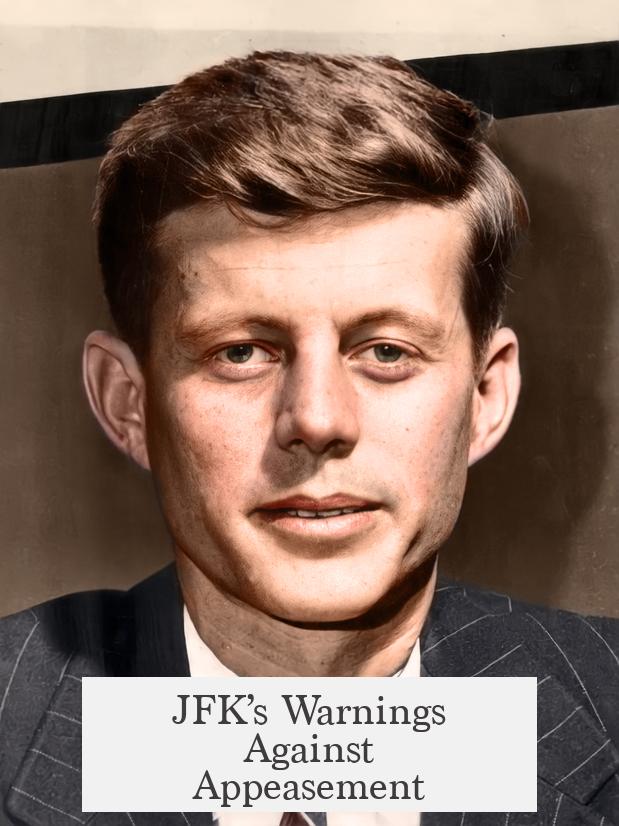
One of JFK’s earliest political statements came from his college thesis. In it, he strongly opposed appeasement policies. He urged European leaders to recognize the Nazis as a serious threat instead of trying to placate them.
This shows an active, thoughtful mind grappling with a dangerous reality. JFK wasn’t just intrigued; he was alarmed and cautionary. His thesis argued that appeasement only emboldened Hitler, which history ultimately proved true with the outbreak of World War II.
Why Does This Fascination Matter Today?
Hitler’s name still strikes a chord—provoking fear, hate, and curiosity. But JFK’s diary reminds us that fascination does not equal support. It shows the importance of confronting horrific history honestly.
If you’re thinking, “Why should I care about JFK’s thoughts on Hitler?” consider this: Understanding how a leader who would later guide a superpower saw rising tyranny helps us understand the dangers of fanaticism. It also sharpens how we discern threats today.
Modern leaders face their own “Hitlers” in the form of extremist ideologies and rising authoritarianism. JFK’s reflections remind us that studying such figures is crucial. It helps prevent history’s darkest chapters from repeating themselves.
Personal Takeaway: How to Approach This Fascination
- Stay Critical: Be curious about infamous figures without romanticizing them.
- Learn Lessons: Focus on what went wrong, why, and how to avoid it.
- Question Appeasement: Be skeptical of policies that ignore clear dangers for temporary peace.
When JFK wrote about Hitler, he wasn’t idolizing but analyzing. That’s a crucial distinction we all should remember.
The Bottom Line
JFK’s “fascination” with Hitler means he recognized Hitler’s historical significance and danger, not that he sympathized with or admired him. This interest came from a desire to understand a threat that became clear early in JFK’s life. His writings warn against the mistakes of appeasement and remind us to confront evil head-on.
Next time you read about JFK’s diary or hear someone misinterpret his thoughts, remember this: Fascination can be a tool for caution, not celebration. It’s a way for an intelligent young man—and future world leader—to wrestle with evil’s shadow.
What nuggets of wisdom can you glean from JFK’s approach? Maybe it’s to stay informed, be bold in calling out threats, and never be lulled into complacency by false peace.
That’s the power of historical fascination when it’s handled right.
What did JFK mean by his “fascination” with Hitler in his diary?
JFK’s fascination was about the historical impact Hitler had, not admiration for his actions. He saw Hitler as a significant figure who shaped history in a dark way, one that still draws attention decades later.
Did JFK support Hitler or Nazism according to his writings?
No, JFK was not a sympathizer. His writings warn against Nazism, highlighting its dangers. He emphasized treating Hitler and the Nazis as a serious threat rather than supporting them.
Why did JFK describe Hitler as “the stuff of legends”?
JFK meant that Hitler remains a powerful and widely studied figure in history. This phrase points to Hitler’s lasting impression on the world, not to praise but to acknowledge his influence.
How did JFK’s fascination relate to his views on appeasement?
JFK’s interest was tied to his criticism of appeasement policies. He urged leaders to confront Hitler firmly, seeing appeasement as dangerous and ineffective against the Nazi threat.
